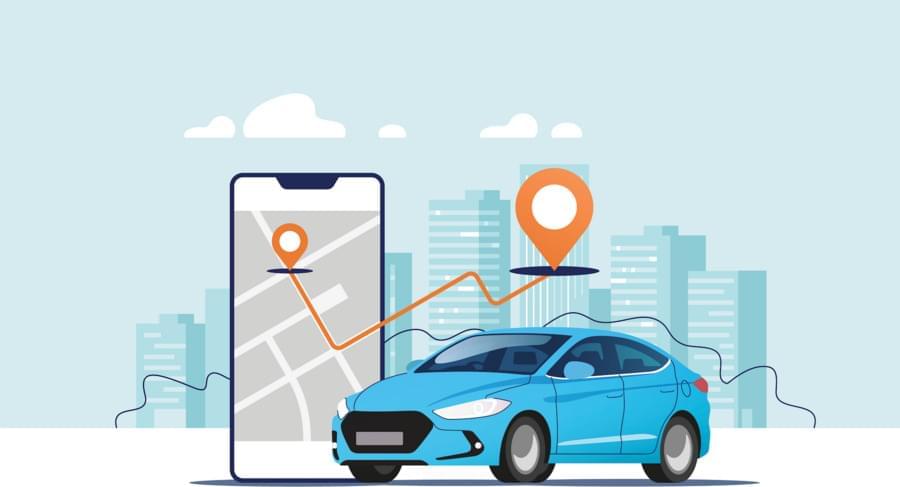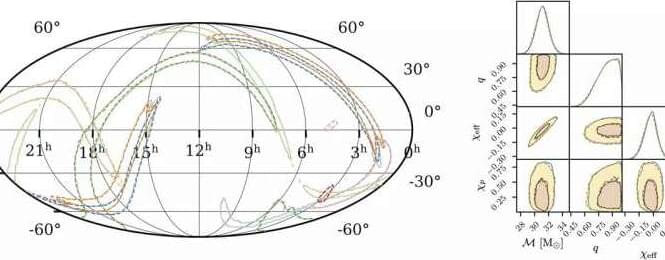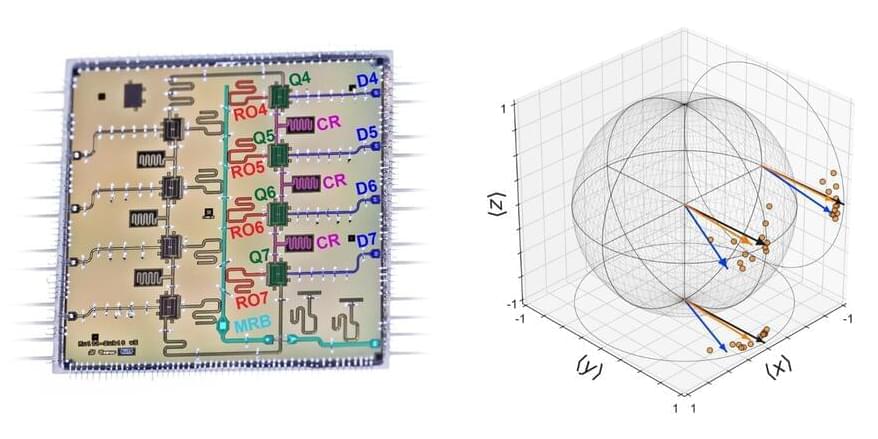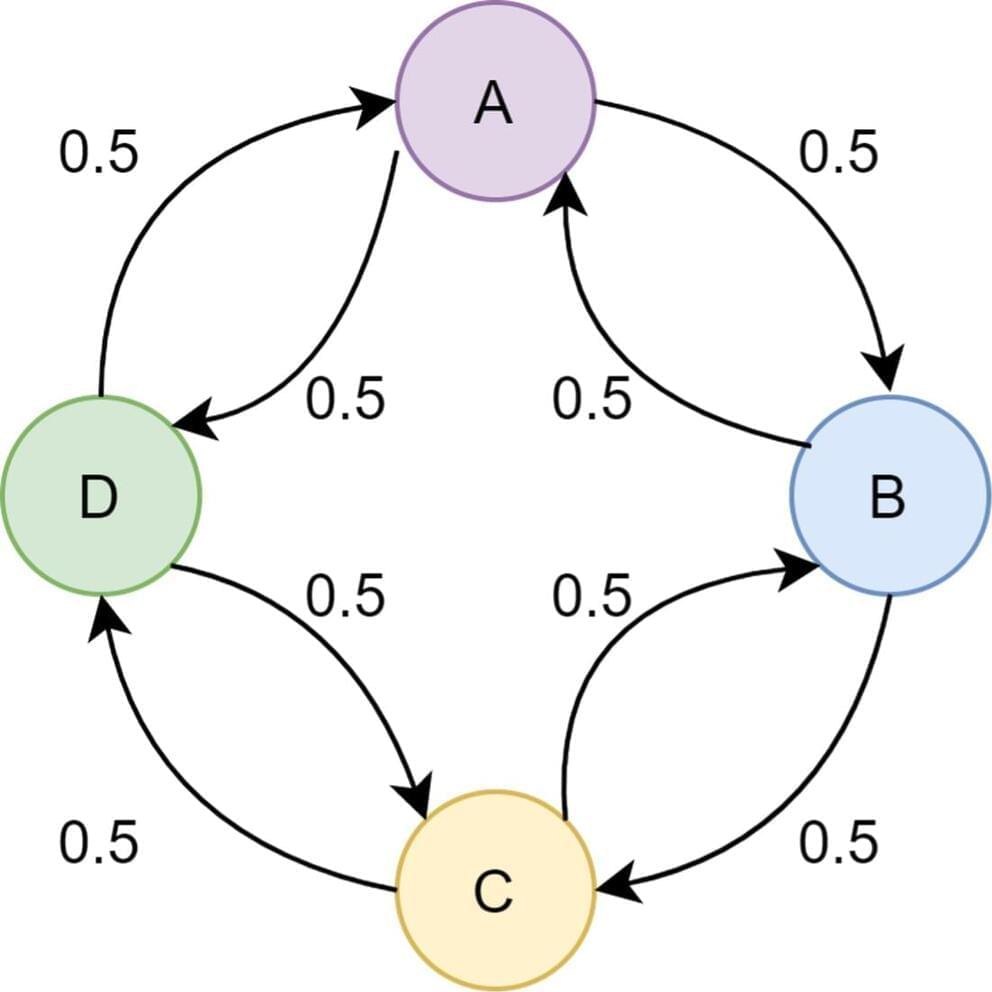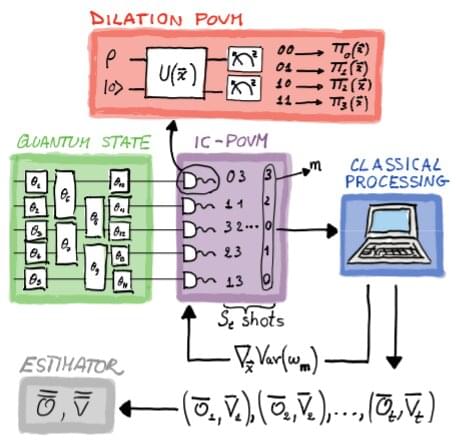The accelerated growth in ecommerce and online marketplaces has led to a surge in fraudulent behavior online perpetrated by bots and bad actors alike. A strategic and effective approach to online fraud detection will be needed in order to tackle increasingly sophisticated threats to online retailers.
These market shifts come at a time of significant regulatory change. Across the globe, new legislation is coming into force that alters the balance of responsibility in fraud prevention between users, brands, and the platforms that promote them digitally. For example, the EU Digital Services Act and US Shop Safe Act will require online platforms to take greater responsibility for the content on their websites, a responsibility that was traditionally the domain of brands and users to monitor and report.
Can AI find what’s hiding in your data? In the search for security vulnerabilities, behavioral analytics software provider Pasabi has seen a sharp rise in interest in its AI analytics platform for online fraud detection, with a number of key wins including the online reviews platform, Trustpilot. Pasabi maintains its AI models based on anonymised sets of data collected from multiple sources.
Using bespoke models and algorithms, as well as some open source and commercial technology such as TensorFlow and Neo4j, Pasabi’s platform is proving itself to be advantageous in the detection of patterns in both text and visual data. Customer data is provided to Pasabi by its customers for the purposes of analysis to identify a range of illegal activities — - illegal content, scams, and counterfeits, for example — - upon which the customer can then act.
Full Story:

